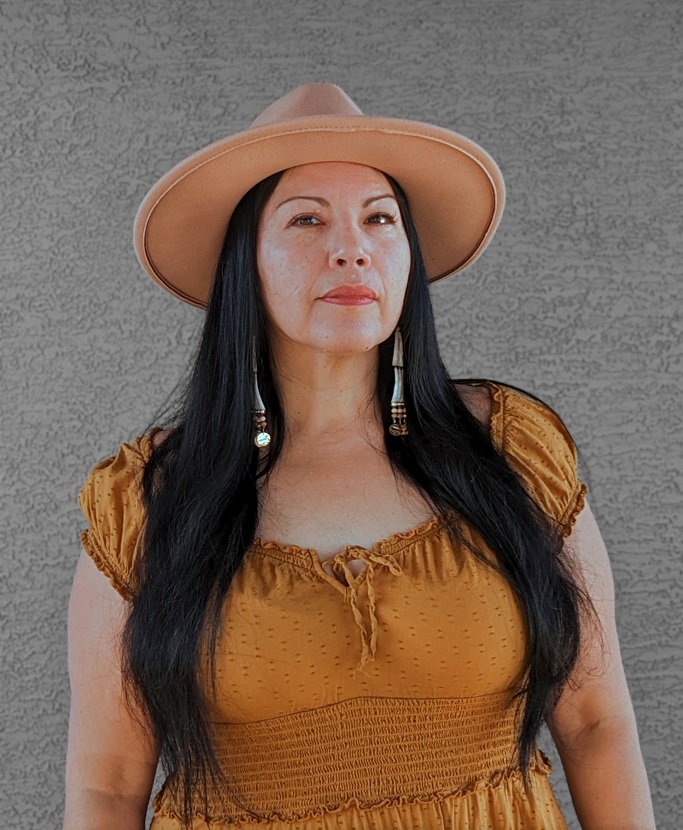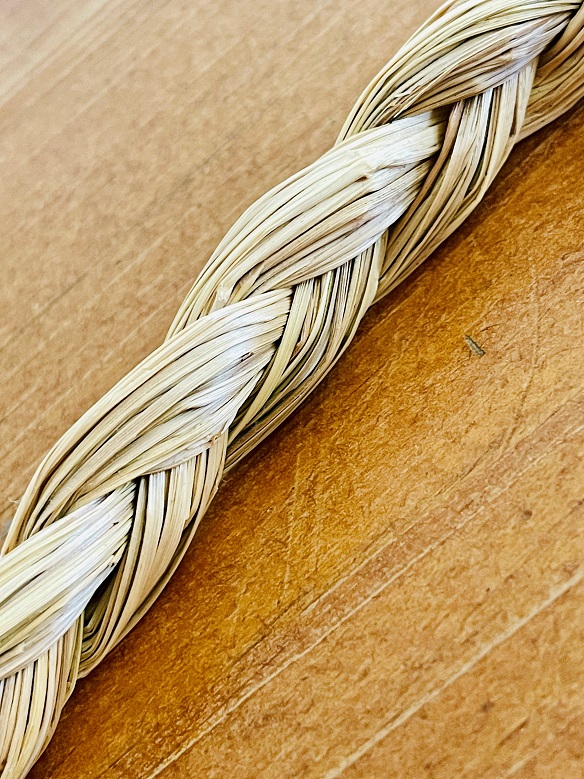Indigenous
Decolonizing, Indigenizing, and Reconciliation

Latest news

First official visit of the Faculty of Social Sciences to the Kitigan Zibi reserve

Decolonizing Higher Education: How the Wìdòkodàdodà Project Advances Reconciliation at uOttawa

The School of Social Work will launch its new microprogram in Fall 2024
Lead Indigenous Education Advisor / Indigenizing Process Designer
Ms. Mona Tolley (B.A., B.Ed., M.Ed., Rez Raised) is an Anishinabe woman, who grew up in the Kitigan Zibi First Nation, on Algonquin unceded traditional territory. She practices and values her people’s wholistic Ways of Knowing, Doing, and Being by integrating them into her twenty-plus years of professional work in education. The nature of her work, in conjunction with lived experiences, cultural knowledge, understanding of historical trauma, and knowing the importance of Indigenous pedagogy, has fostered her awareness of the need to highlight and further develop Indigenous education. As an Indigenous education consultant, she has presented for teacher professional development and consults with school boards. She teaches and develops post-secondary courses in an Indigenous B. Ed. program. She is also currently the lead Indigenous education advisor at the University of Ottawa, as well as a curriculum writer for the Cree School Board. Her goal is to support and encourage the Indigenization of all aspects of education to lift the spirit of our youth.
Role and responsibility at uOttawa
As a community member of Kitigan Zibi and of the larger Anishinabe/Algonquin Nation, I hold many responsibilities within the relationships I nurture. I bring these with me to my role as an education advisor at the University of Ottawa. In this role, I bring an Anishinabe perspective towards understanding teaching and learning, along with the need for decolonizing education at all levels. With the many other Indigenous people at uOttawa, I advise, teach, guide and mentor those who are committed to this important work.
Contact Mona Tolley @ [email protected]

Recent publications
Dussault (Wendat, N. huronne-wendat), Molgat, M., Tolley (Anishinabekwe, K. Z. F. N., & Vanthuyne, K. (2024). Widening the circle: assuming differentiated responsibilities in the Indigenization of university education. AlterNative: An International Journal of Indigenous Peoples, 20(3), 419-427. https://doi.org/10.1177/11771801241250032
Lisaingo, S., Rogers, M. A., Tolley, M., Beck, A., & Aglukark, K. (2024). Barriers and facilitators in accessing mental health care for Indigenous children and youth in Canada. Psynopsis, Canada's Psychology Magazine, 1, 26-27.
Decolonization and Indigenization Committee
The Decolonization and Indigenization Committee of the Faculty of Social Sciences (FSS) was established in 2018 to respond to the Truth and Reconciliation Commission of Canada's calls to action in education, which focused on the need to begin a process of decolonization and indigenization of Canadian universities.
Since its inception, the Committee's objective has been to encourage major transformations within the Faculty by promoting the decolonization of dominant thought, by recognizing the plurality and legitimacy of different forms of knowledge, and by respectfully weaving in Indigenous Ways of Knowing, Doing and Being into research, teaching, and practice. Another important concern that mobilizes our Committee is to put in place resources to meet the expectations and interests of Indigenous students and staff in our Faculty.
These transformations are already in action thanks to the involvement of the Decolonisation and Indigenization Committee delegates in each unit. Some units have also become even more deeply involved by developing and implementing Faculty of Social Sciences Decolonizing and Indigenizing Unit Plan in which they commit to decolonizing their teaching and research programs.
The Decolonization and Indigenization Committee also supports various initiatives and events aimed at raising awareness and knowledge of Indigenous worldviews and knowledges (Social Work Art Exhibit, conferences organized in various units related to Indigenization, Elders and Knowledge Keepers Elders asked to be guest speakers in many classes).
This past year has been very fruitful in terms of initiatives that highlight the growing interest in the process of indigenization in the Faculty, two units developed and adopted their Faculty of Social Sciences Decolonizing and Indigenizing Unit Plan. Some important challenges also remain and underscore the need to continue and deepen the work initiated by the Committee and to pursue its involvement within the Faculty.

Indigenous Curriculum Specialist Network
The Indigenous Curriculum Specialist Network (ICSN) was created as a space to share with other colleagues who may have different titles but who are doing similar work in terms of decolonizing and Indigenizing at the post-secondary level. The goal of the ICSN is to share and learn about the challenges, successes, strategies, techniques, tools, and resources of the work. We meet online once a month.
Indigenous Curriculum Specialist Network: Guiding Principles
We are on a journey and on a unique step in our relationship with Canada, specifically in terms of education. We acknowledge that as a new space opens, those of us who are taking up these positions as Indigenous curriculum specialists in post-secondary institutions are in a young paradigm that requires a special kind of engagement and work, which is at times challenging but also much needed. Therefore, we engage to allow for a holistic approach in taking care of our wellbeing as we uphold the respect for gathering knowledge and as we walk together.
Hearts: To create an Indigenized space to share, support, and learn from each other.
Intent: To create a space that our ancestors will be proud of …and in this space our descendants will have positive Indigenous learning opportunities.
Guide: Our relationship of engaging with each other, will be guided by our own Nation’s traditional teachings, which will be different yet specific for each of us.
Contact anyone of us to be put on our email list and we will send you the meeting information.
- Mona Tolley @ [email protected]
- Jerri-Lynn Orr @ [email protected]
- Sara Mai Chitty @ [email protected]
